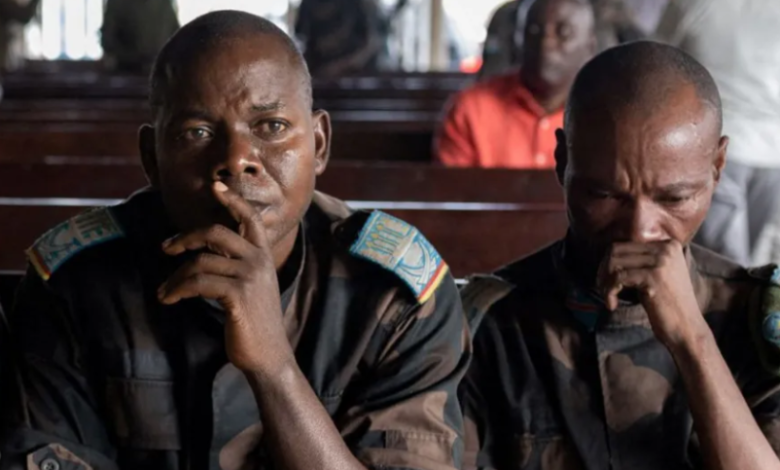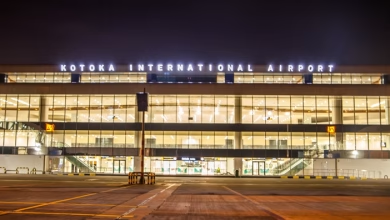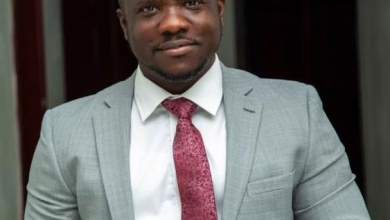“Death Sentence Handed Down to DR Congo Soldiers for Desertion”

- 25 DR Congo soldiers sentenced to death for desertion.
- Soldiers also convicted of theft for looting villages.
- Death penalty lifted in March to punish "traitors" in the army.
- M23 rebels gain ground, capturing towns amid Rwanda support allegations.
The Democratic Republic of Congo’s military tribunal has sentenced 25 soldiers to death for deserting their posts during battles against the M23 rebels in the eastern part of the country. The soldiers were also found guilty of theft, having looted goods from nearby villages after abandoning their positions.
The military tribunal, situated in North Kivu province, delivered the verdict on Wednesday. The sentences come after the government lifted a moratorium on the death penalty in March, citing the need to punish “traitors” within the army.
The convicted soldiers include two captains, and their lawyer has announced plans to appeal the sentence. One soldier received a 10-year prison sentence, while another was acquitted. In a similar case in May, eight soldiers were sentenced to death for desertion and cowardice, and are also appealing their sentences.
The M23 rebels have made significant gains in recent days, capturing several towns, including the strategic town of Kanyabayonga. The rebel group is believed to be backed by neighboring Rwanda, although the Rwandan government denies any involvement.
The United Nations has expressed concern over the deteriorating situation in North Kivu, with over 150,000 civilians displaced in the past week. The region is already home to 2.8 million displaced persons, and humanitarian workers face significant risks, including violence and kidnapping.
Two aid workers with the charity Tearfund were killed on Sunday when their convoy was attacked in the town of Butembo. The army’s fight against the M23 and other rebel groups has been hindered by internal disarray, poor pay, and lack of equipment.
Despite the presence of UN and regional troops, the violence has continued unabated. The M23 fighters are reportedly well-armed and disciplined, and have been operating in the region since 2012, ostensibly to protect the Tutsi population from persecution and discrimination.
UN experts, France, and the US have accused Rwanda’s government of supporting the M23, although Rwanda denies any involvement. The situation in North Kivu remains perilous, with humanitarian workers facing significant challenges in accessing affected populations.
The sentences handed down to the soldiers are seen as a attempt to address the disarray within the army’s ranks and to punish those who abandon their posts. However, critics argue that the death penalty is not an effective deterrent and that the root causes of the problem, such as poor pay and lack of equipment, need to be addressed.
The situation in DR Congo remains volatile, with the M23 rebels continuing to gain ground and the army struggling to contain them. The international community has called for a peaceful resolution to the conflict, but a lasting solution remains elusive.






